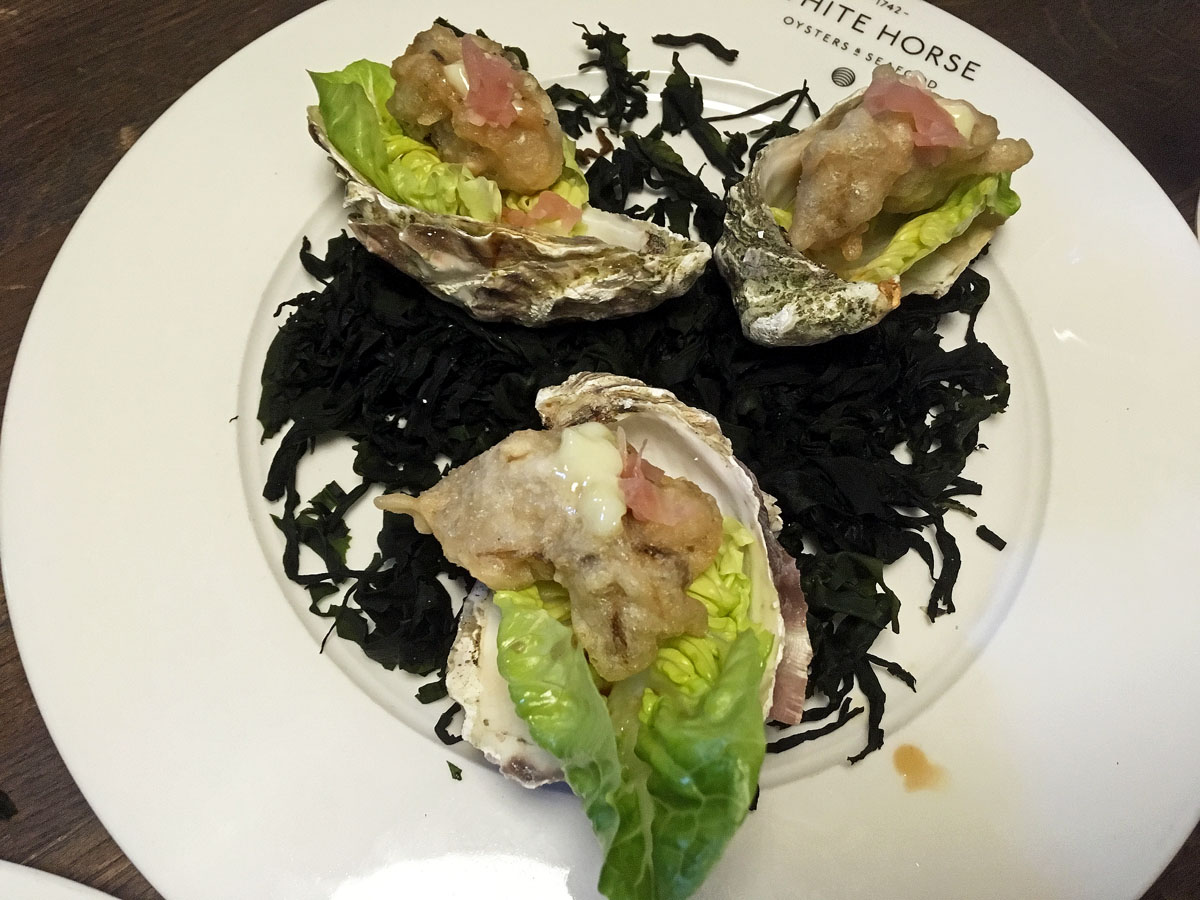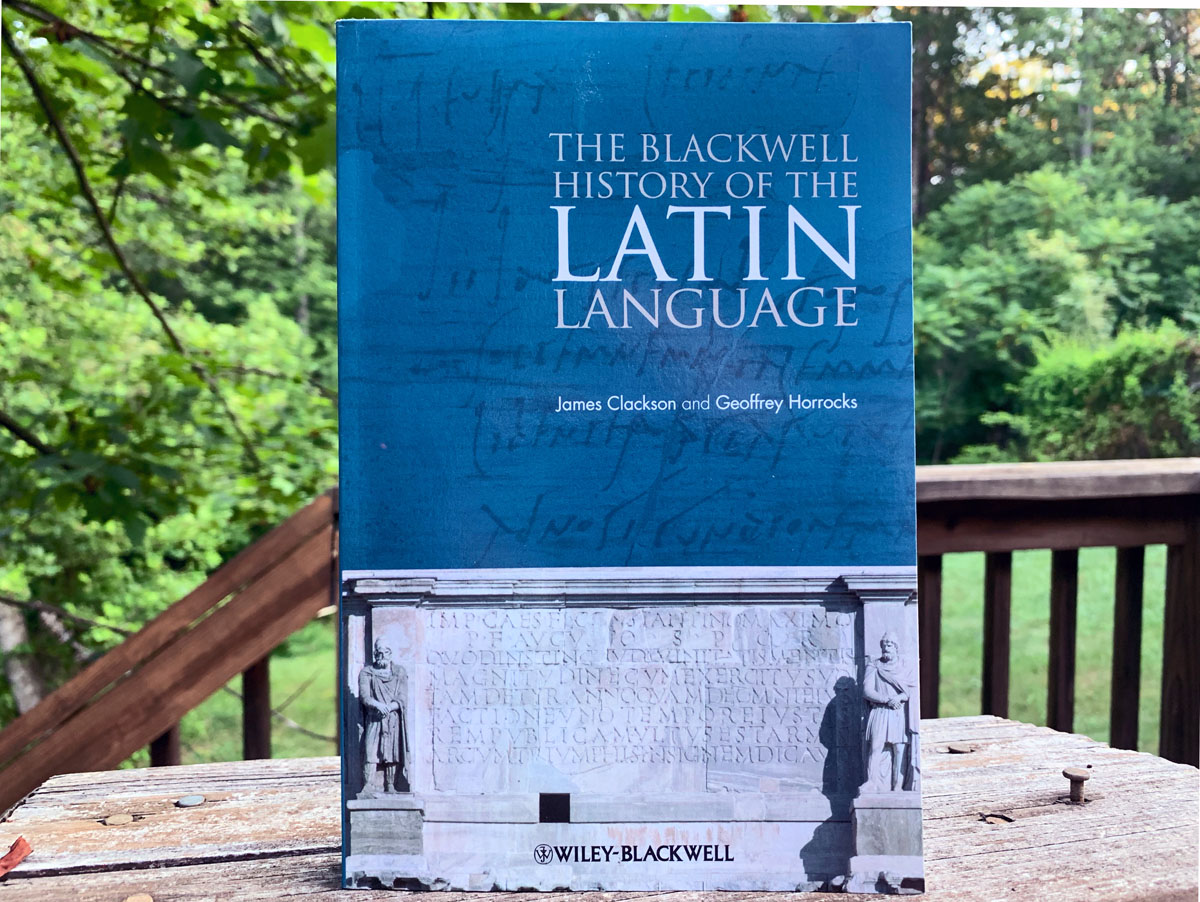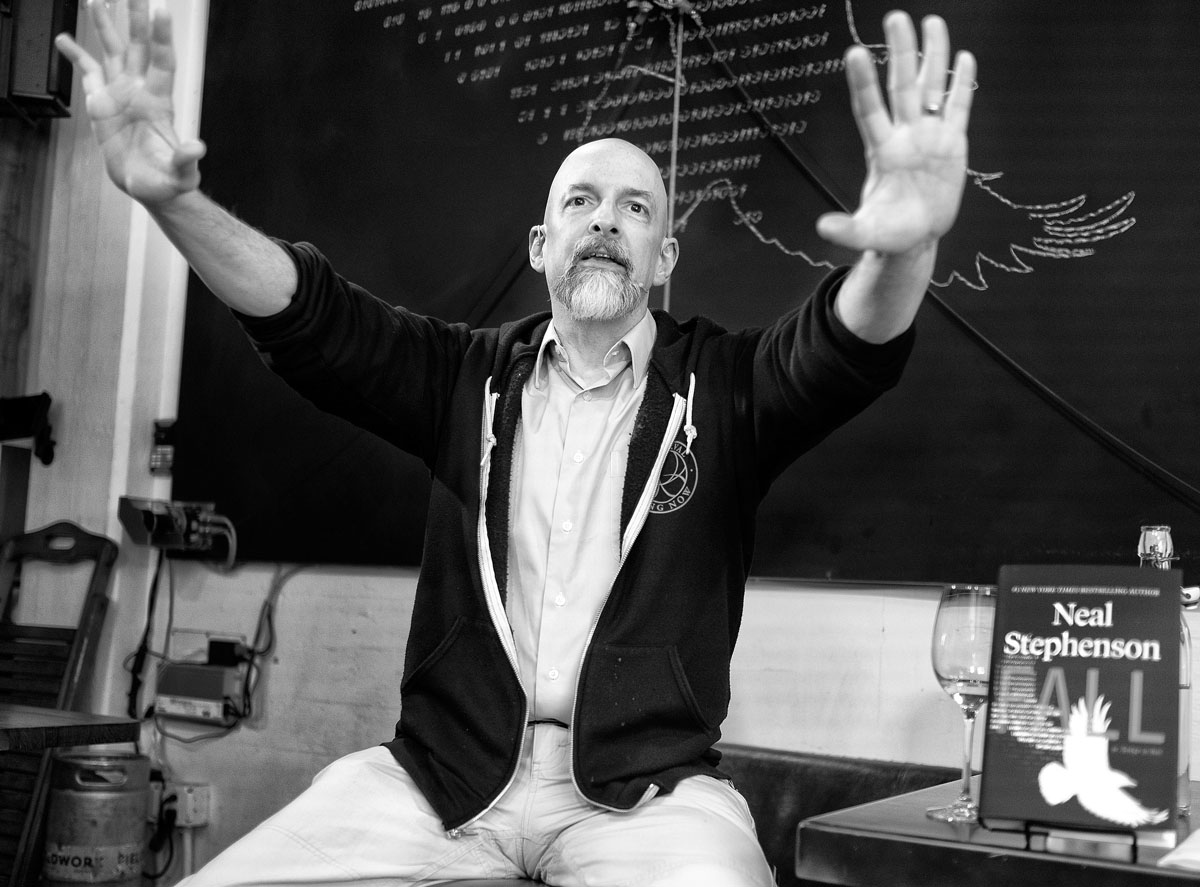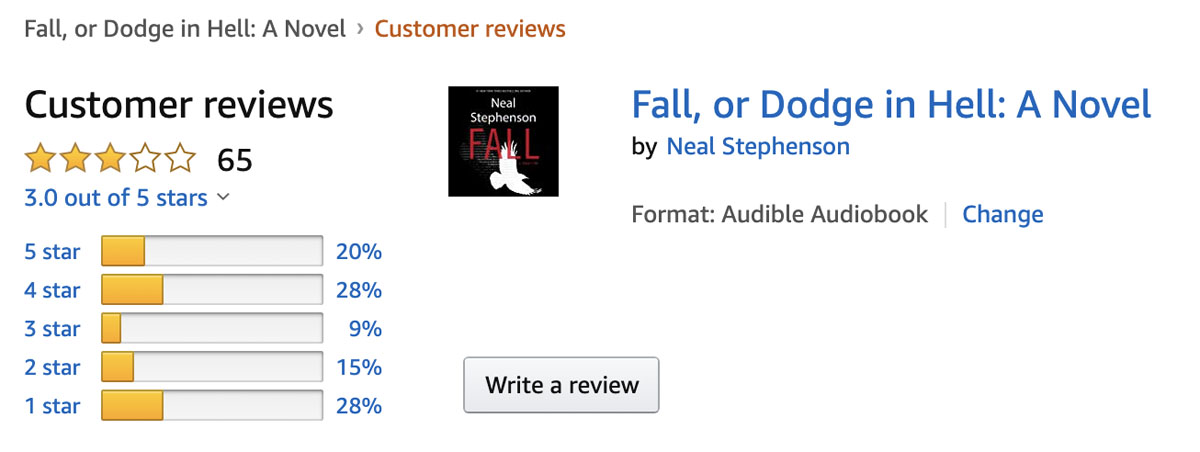
To qualify for a concealed carry permit in my state, one must get 21 of 30 shots inside the “7” line. That’s not difficult, frankly. The green lines show how my 30 shots were clustered during my shooting trial. Only two of my shots were in the “9” area, and the others were much closer to the bullseye. I tend to shoot slightly to the left because the sights on my gun need adjusting. But I think it would be fair to say that I’m a liberal sharpshooter. Click here for high-resolution version.
For us liberals, guns are a touchy subject. I even hesitate to write here about guns, partly because I know that Europeans see the gun question in a different way than we Americans. I wish that we Americans were more like Europeans in our attitudes toward guns. But, here in the U.S., it’s not just me. There is evidence that American liberals are rethinking the question of guns for their own self-defense. It’s not hard to imagine why. I’m not saying that this is a good thing. I’m only observing that it seems to be happening, and that I’ve gotten on board, though with some doubts and worries.
There have been a number of articles about this recently, including this one at the Guardian: ‘If others have rifles, we’ll have rifles’: why US leftist groups are taking up arms.
While Obama was president, right-wingers rushed to buy guns, having been convinced by the Republican Party and the National Rifle Association that Democrats would take their guns away. The “prepper” market also flourished, because racist right-wingers naturally assumed that a black man in the White House could only cause a collapse of society. After Trump took office, gun sales slumped, either because Trump makes his supporters feel safe, or because gun-lovers weren’t as afraid that Democrats would take their guns away. After Trump, the bottom fell out of the prepper market. Right-wingers feel all cuddly and hunky-dory with a criminal lunatic in the White House who incites his supporters to violence. The rest of us don’t.
Among liberals and leftists, new groups are forming. Among them are the Socialist Rifle Association, the Liberal Gun Club, the John Brown Gun Club, and an LGBTQ group, the Pink Panthers.
Though I have owned a pistol for about ten years, it mostly sat in a drawer, unused. A few months ago, with the encouragement of Republican neighbors (with whom I get along great because we focus on our own neighborhood and don’t talk politics), I resolved to get proper training for shooting and to get a concealed carry permit. These neighbors have made a shooting range down in the woods where the road ends. I practiced my shooting for three months and shot several thousand rounds of ammunition to prepare for the concealed-carry process. I learned to shoot a rifle when I was a boy (I was taught by my dad and my older brother). I was a good shot then. I’m even better now, with both rifles and pistols.
My state, North Carolina, has tough requirements for getting a concealed carry permit. You must attend eight hours of safety and legal training, pass a shooting test, go through a background check and mental health check through the State Bureau of Investigation, and have your fingerprints taken. People with shady intentions are not going to apply for concealed carry permits. If you ever do lawfully use a gun to defend yourself (that’s much more rare than gun-lovers would have us believe), then holding a concealed carry permit is the best possible way to demonstrate that you are a responsible gun owner and that you are competent to use a gun.
I did put a lot of thought into the decision, including talking with some of my liberal friends about the ethics involved (they all said go for it), and getting advice from conservative friends who already hold concealed carry permits. I also learned that people who hold concealed carry permits are five to seven times less likely than the general population to be involved in gun crimes.
At this point, I have no plans to carry a concealed weapon. But I like knowing that I could, should I ever feel the need. Am I afraid that right-wing militias will start targeting liberals? No, not at all, though I can imagine a dystopian future, if as a country we don’t have a change of course. In rural areas, the greatest dangers are associated with drug use, drug dealing, and the crime that involves.
Part of my motivation is public relations. I want the local Republican Party to know that the local Democratic chair has a concealed carry permit. That serves two purposes. For one, it lets them know that the Democratic Party is aware of the Second Amendment and is not going to take their guns away, no matter what the NRA says in order to stimulate gun sales and stoke right-wing paranoia. For two, it gets the word out that I may be armed, that I am a crack shot, and that I’m not to be messed with. Crimes against Democrats and liberals in this county have not risen above the level of insults and defacement of our roadside political signs (which is very common). There are a lot of guns in this county, and the vast majority of gun owners are law-abiding and responsible, whatever their politics. We have an excellent sheriff and sheriff’s department.
There are people who carry guns with them illegally. I consider that very dangerous. A month or so ago, there was a story in the news about a woman somewhere in North Carolina who, while putting a pistol into her purse, accidentally shot herself and died. Proper training in gun safety should prevent that sort of thing. It’s highly likely that her pistol was either old or poorly designed, or that she was storing it in an unsafe condition. I would never under any circumstances have a gun near me that is ready to fire. How to safely store a gun is part of what one learns in a concealed carry class. For those who do have a pistol and carry it illegally, I would say: Don’t do that. Get a permit. Carrying illegally exposes oneself and others to risk, not only safety risks, but also legal risks.
I have decided not to join any organization for liberal gun owners. That’s not because I think such organizations are a bad thing, but because all of them seem to have some kind of manifesto that I don’t necessarily agree with. I’m also not suggesting that anyone ought to get a gun. But I am saying that anyone who does have a gun should be trained in how to use it and should know and honor the regulations that apply in the state you live in. And though I do not believe that more guns make us all safer, I do believe that we have a natural right to defend ourselves and others.















